Neurodevelopmental Disorders »
ADHD
How to submit an article:
- Registered users can submit any published journal article that has a unique DOI (Digital Object Identifier) name or link to Research Hub.
- For example, you can paste the full DOI link:
https://doi.org/10.1109/5.771073or just the DOI name:10.1109/5.771073into the field above and click submit. - The person who is first to submit a valid article to Research Hub will forever be credited for it, and every article submission earns you +6 Research Points.
Also known as: Attention Deficit Hyperactivity Disorder
Related Topics
Published research studies are articles that present the findings of original research that has undergone a peer-review process and has been made publicly available in scholarly journals, books or other media.
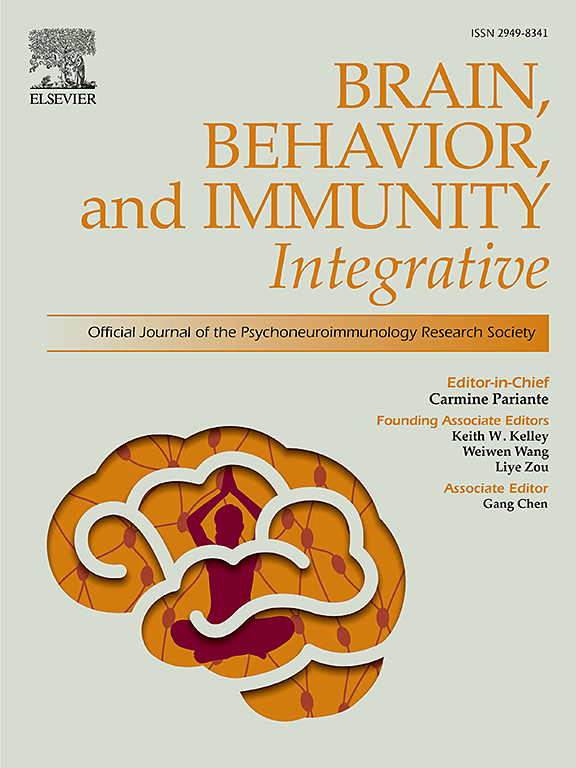
Traditional Chinese medicine research on attention deficit hyperactivity disorder: Theory, treatment and mechanism
2024 Jan Brain Behavior and Immunity Integrative Zhou C, Wang J
Traditional Chinese Medicine offers a holistic approach to attention deficit hyperactivity disorder (ADHD) treatment, focusing on yin-yang imbalances, pattern identification, and interventions encompassing both pharmacological and non-pharmacological methods, with potential modulation of neuroimmunological factors and neurotransmitters.
Review Article ADHD
The efficacy of acupuncture for attention deficit hyperactivity disorder (ADHD): An overview of systematic reviews and meta-analyses
2023 Sep Complementary Therapies in Medicine Zhang L, Huang C, Chen X, Du S, Yang J, Hu B
Systematic Review ADHDAcupuncture's effectiveness in treating attention deficit hyperactivity disorder remains inconclusive due to the low quality of existing systematic reviews and meta-analyses.

Effectiveness of Ear Acupuncture Therapy and Behavioral Therapy in Children with ADHD
2023 Jul 21 Jurnal Ners Dwijayanti NA, Haryanto JT, Badri S, Wardoyo SH
Both ear acupuncture therapy and behavioral therapy were found to be ineffective in decreasing ADHD behaviors in the studied children at SLB Autis Alamanda and SLB Harmony Surakarta.
Experimental Study ADHD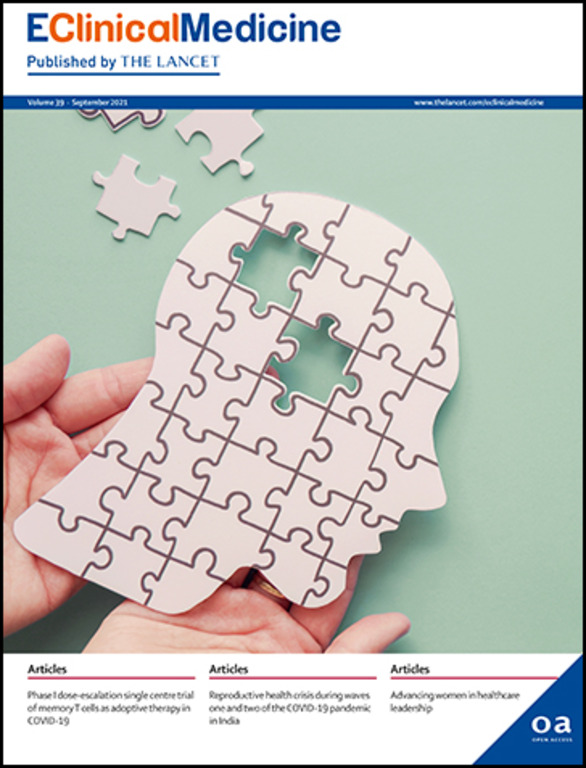
Effect of walnut consumption on neuropsychological development in healthy adolescents: a multi-school randomised controlled trial
2023 May EClinicalMedicine Pinar-Martí A, Gignac F, Fernández-Barrés S, Romaguera D, Sala-Vila A, Lázaro I, et al.
Randomised Controlled Trial Adolescents ADHD WalnutWalnut consumption may improve attention, fluid intelligence, and reduce ADHD symptoms in adolescents who consistently incorporated them into their diet.
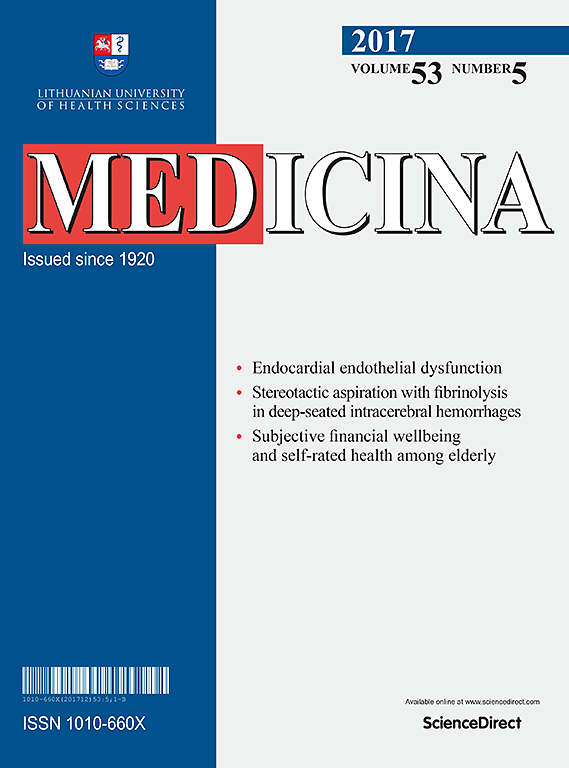
Acupuncture for Treating Attention Deficit Hyperactivity Disorder in Children: A Systematic Review and Meta-Analysis
2023 Feb 17 Medicina Ang L, Kim JT, Kim K, Lee HW, Choi JY, Kim E, et al.
Meta-Analysis Systematic Review ADHDAcupuncture, either as an add-on or standalone treatment, improved conduct problems, learning issues, and hyperactivity symptoms in children with attention-deficit hyperactivity disorder.
Research insights are moderated by the Research Hub team and offer an at-a-glance overview of interesting research findings.

2023 Complementary Therapies in Medicine
Acupuncture's effectiveness in treating attention deficit hyperactivity disorder remains inconclusive due to the low quality of existing systematic reviews and meta-analyses.
Systematic Review
The efficacy of acupuncture for attention deficit hyperactivity disorder (ADHD): An overview of systematic reviews and meta-analyses
Zhang L, Huang C, Chen X, Du S, Yang J, Hu B

2023 EClinicalMedicine
Walnut consumption may improve attention, fluid intelligence, and reduce ADHD symptoms in adolescents who consistently incorporated them into their diet.
Randomised Controlled Trial Adolescents Walnut
Effect of walnut consumption on neuropsychological development in healthy adolescents: a multi-school randomised controlled trial
Pinar-Martí A, Gignac F, Fernández-Barrés S, Romaguera D, Sala-Vila A, Lázaro I, et al.

2023 Medicina
Acupuncture, either as an add-on or standalone treatment, improved conduct problems, learning issues, and hyperactivity symptoms in children with attention-deficit hyperactivity disorder.
Meta-Analysis
Acupuncture for Treating Attention Deficit Hyperactivity Disorder in Children: A Systematic Review and Meta-Analysis
Ang L, Kim JT, Kim K, Lee HW, Choi JY, Kim E, et al.

2022 Phytomedicine
Parent-administered pediatric tuina is effective at reducing core symptoms of ADHD in preschool children and improves child appetite and sleep quality.
Randomised Controlled Trial Appetite Children's Health Meridian Massage Sleep
Parent-administered pediatric Tuina for attention deficit/hyperactivity disorder symptoms in preschool children: A pilot randomized controlled trial embedded with a process evaluation
Chen SC, Yu J, Wang HS, Wang DD, Sun Y, Cheng HL, et al.
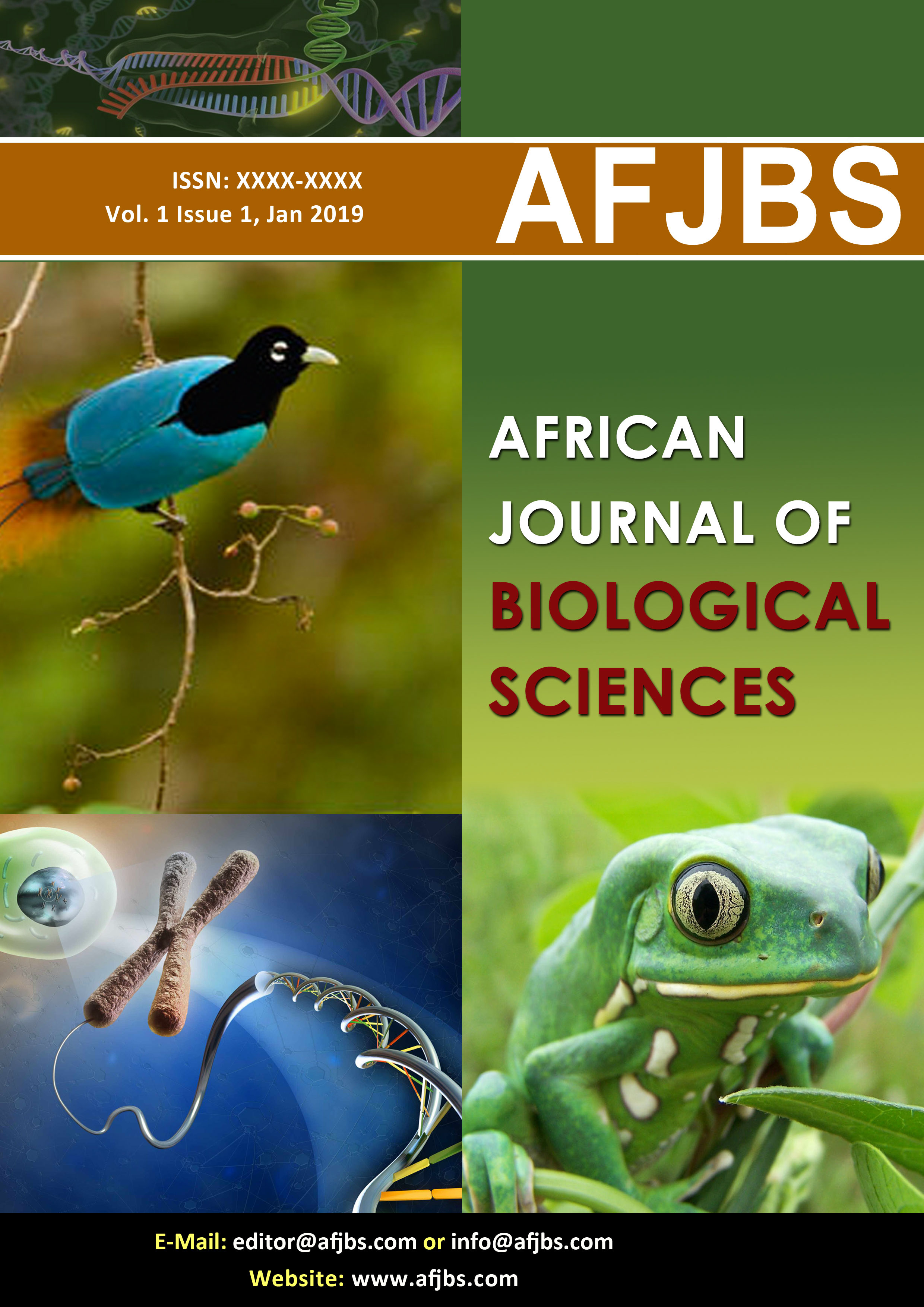
2021 African Journal of Biological Sciences
Consumption of pumpkin seeds enhances the nutritional status and improves the attention deficit of deaf female children exhibiting ADHD symptoms.
Clinical Study Children's Health Iron Magnesium Pumpkin Seed
Improvement of attention deficit hyperactive disorder for deaf female children by intake pumpkin seeds
Ataya H
Review Articles
Review articles summarise and critically evaluate the current state of research on a specific topic or field by synthesising multiple primary research studies.

Traditional Chinese medicine research on attention deficit hyperactivity disorder: Theory, treatment and mechanism
2024 Jan Brain Behavior and Immunity Integrative Zhou C, Wang J
Traditional Chinese Medicine offers a holistic approach to attention deficit hyperactivity disorder (ADHD) treatment, focusing on yin-yang imbalances, pattern identification, and interventions encompassing both pharmacological and non-pharmacological methods, with potential modulation of neuroimmunological factors and neurotransmitters.
Review Article ADHD
The efficacy of acupuncture for attention deficit hyperactivity disorder (ADHD): An overview of systematic reviews and meta-analyses
2023 Sep Complementary Therapies in Medicine Zhang L, Huang C, Chen X, Du S, Yang J, Hu B
Systematic Review ADHDAcupuncture's effectiveness in treating attention deficit hyperactivity disorder remains inconclusive due to the low quality of existing systematic reviews and meta-analyses.

Acupuncture for Treating Attention Deficit Hyperactivity Disorder in Children: A Systematic Review and Meta-Analysis
2023 Feb 17 Medicina Ang L, Kim JT, Kim K, Lee HW, Choi JY, Kim E, et al.
Meta-Analysis Systematic Review ADHDAcupuncture, either as an add-on or standalone treatment, improved conduct problems, learning issues, and hyperactivity symptoms in children with attention-deficit hyperactivity disorder.

Acupuncture for treating attention deficit hyperactivity disorder in children: A protocol for systematic review and meta-analysis
2022 Oct 10 PLOS One Kim JT, Kim K, Ang L, Lee HW, Choi JY, Lee MS
The systematic review will involve searching nine databases, including PubMed, AMED, CINAHL, EMBASE, the Cochrane Central Register of Controlled Trials, RISS, KoreaMed, KISS, and the China National Knowledge Infrastructure database. Two investigators will independently review, extract, and analyze data using the Cochrane Risk of Bias Assessment Tool to assess the risk of bias.
Meta-Analysis Systematic Review Study Protocol ADHD
Acupuncture treatment on attention deficit hyperactivity disorder
2021 Aug 27 Medicine Xing L, Ren Z, Yue X, Chen H, Xia C, Liu F, et al.
The study aims to conduct a systematic search in various databases, including PubMed, Cochrane Library, Web of Science, Excerpt Medica Database, Chinese Biomedical Literature Database, VIP, Wanfang database, and China National Knowledge Infrastructure database. The evaluation will focus on parameters such as effective rate, total score of traditional Chinese medicine syndromes, Conners Child Hyperactivity-Diagnosis Rating Scale, Conners Index of Hyperactivity, recurrence rate, and adverse events. The results will be analyzed using the Cochrane Collaboration tool and Jadad scale to assess the quality of the studies, and a meta-analysis will be conducted using Review Manager Version 5.3.
Systematic Review Meta-Analysis Study Protocol ADHDClinical Trials
Clinical trials are research studies that involve people and are conducted to evaluate the safety and efficacy of new treatments or interventions, such as drugs, medical devices, or behavioural therapies.

Effect of walnut consumption on neuropsychological development in healthy adolescents: a multi-school randomised controlled trial
2023 May EClinicalMedicine Pinar-Martí A, Gignac F, Fernández-Barrés S, Romaguera D, Sala-Vila A, Lázaro I, et al.
Randomised Controlled Trial Adolescents ADHD WalnutWalnut consumption may improve attention, fluid intelligence, and reduce ADHD symptoms in adolescents who consistently incorporated them into their diet.

Parent-administered pediatric Tuina for attention deficit/hyperactivity disorder symptoms in preschool children: A pilot randomized controlled trial embedded with a process evaluation
2022 Jul Phytomedicine Chen SC, Yu J, Wang HS, Wang DD, Sun Y, Cheng HL, et al.
Randomised Controlled Trial Children's Health Sleep Appetite ADHD Meridian MassageParent-administered pediatric tuina is effective at reducing core symptoms of ADHD in preschool children and improves child appetite and sleep quality.
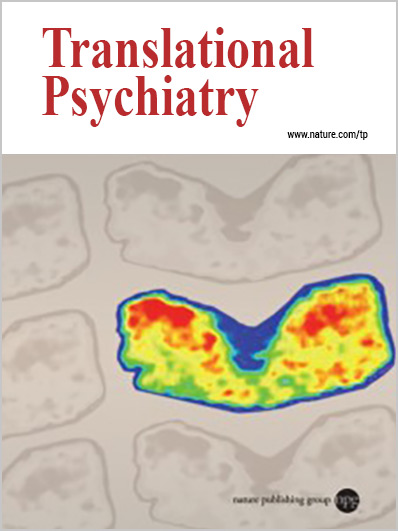
Transcutaneous electrical acupoint stimulation for children with attention-deficit/hyperactivity disorder: a randomized clinical trial
2022 Apr 21 Translational Psychiatry Zhuo L, Zhao X, Zhai Y, Zhao B, Tian L, Zhang Y, et al.
Children with ADHD who received TEAS demonstrated significant improvement in general symptoms, as indicated by higher Clinical Global Impression-Improvement (CGI-I) scores, a greater decrease in Clinical Global Impression-Severity of Illness (CGI-S) scores, and enhanced prefrontal cortex blood flow compared to the sham TEAS group.
Randomised Controlled Trial Acupoint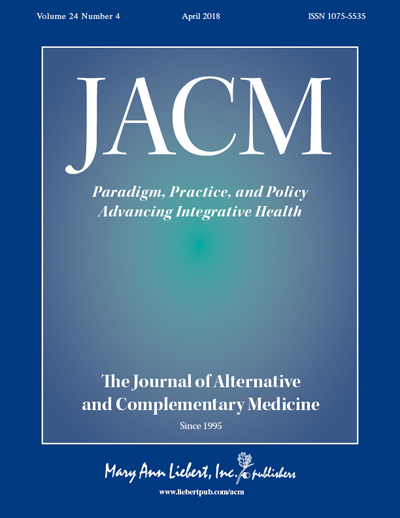
Comparison of Auricular Therapy with Sham in Children with Attention Deficit/Hyperactivity Disorder: A Randomized Controlled Trial
2020 Jun 01 The Journal of Alternative and Complementary Medicine Binesh M, Daghighi MR, Shirazi E, Oleson T, Hashem-Dabaghian F
Subjects receiving auricular therapy at acupuncture points showed a statistically significant greater reduction in attention deficit (AD) and hyperactivity (HA) symptoms compared to those who received sham acupuncture points.
Randomised Controlled Trial Ear Acupuncture ADHD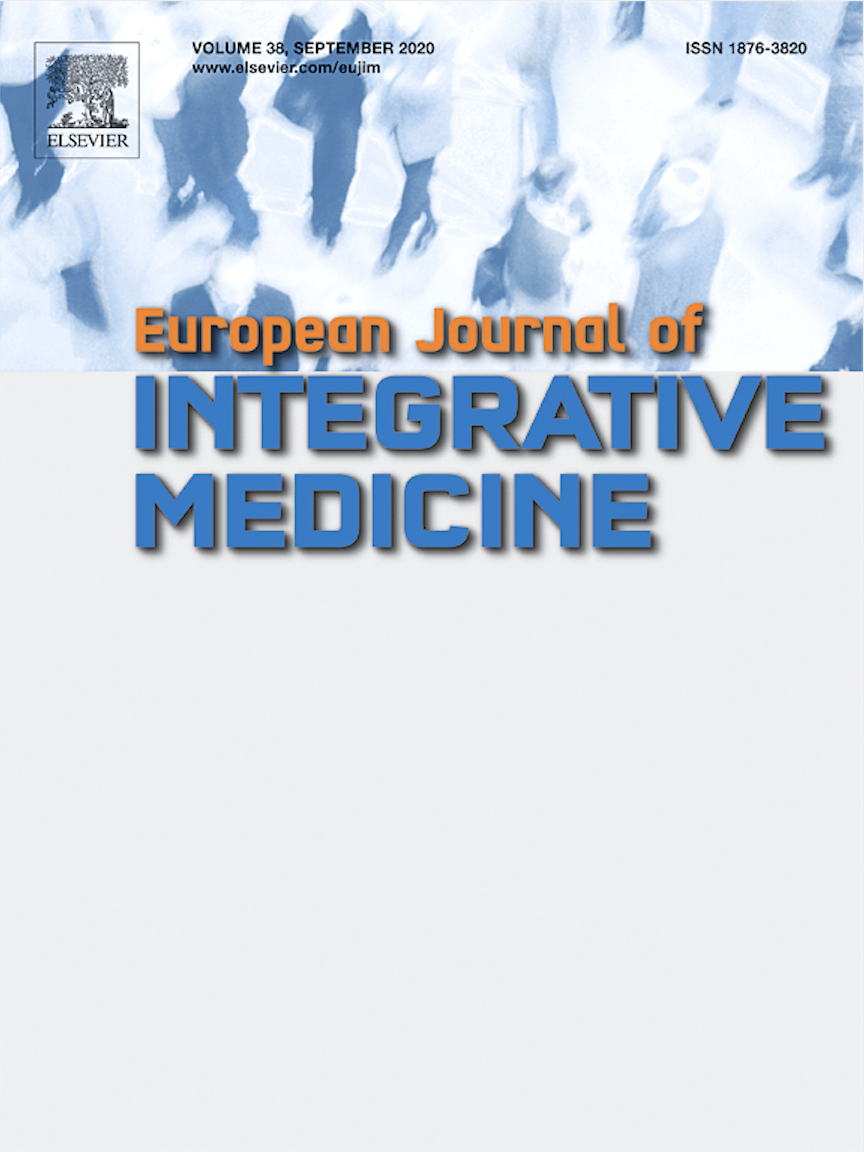
Efficacy of adding acupuncture to Methylphenidate in children and adolescents with attention deficit hyperactivity disorder: A randomized clinical trial
2018 Sep European Journal of Integrative Medicine Moharreri F, Khorsand Vakilzadeh A, Soltanifar A, Abdollahian E, Eslami S, Nahidi M
Acupuncture significantly improved the parent-reported ADHD-RS total score, hyperactivity, and impulsivity in patients with ADHD after 3 weeks, compared to the sham acupuncture group. However, it did not show a considerable improvement in attention deficit. Further investigations with larger sample sizes and longer follow-up are recommended to assess the long-term effects, and adverse effects of acupuncture on ADHD patients should be measured in future studies.
Randomised Controlled Trial ADHDStudy Protocols
Published study protocols are detailed plans that outline the objectives, methodology, statistical analyses, and organisation of a research study that have been made publicly available for others to review and use as a reference.

Acupuncture for treating attention deficit hyperactivity disorder in children: A protocol for systematic review and meta-analysis
2022 Oct 10 PLOS One Kim JT, Kim K, Ang L, Lee HW, Choi JY, Lee MS
The systematic review will involve searching nine databases, including PubMed, AMED, CINAHL, EMBASE, the Cochrane Central Register of Controlled Trials, RISS, KoreaMed, KISS, and the China National Knowledge Infrastructure database. Two investigators will independently review, extract, and analyze data using the Cochrane Risk of Bias Assessment Tool to assess the risk of bias.
Meta-Analysis Systematic Review Study Protocol ADHD
Acupuncture treatment on attention deficit hyperactivity disorder
2021 Aug 27 Medicine Xing L, Ren Z, Yue X, Chen H, Xia C, Liu F, et al.
The study aims to conduct a systematic search in various databases, including PubMed, Cochrane Library, Web of Science, Excerpt Medica Database, Chinese Biomedical Literature Database, VIP, Wanfang database, and China National Knowledge Infrastructure database. The evaluation will focus on parameters such as effective rate, total score of traditional Chinese medicine syndromes, Conners Child Hyperactivity-Diagnosis Rating Scale, Conners Index of Hyperactivity, recurrence rate, and adverse events. The results will be analyzed using the Cochrane Collaboration tool and Jadad scale to assess the quality of the studies, and a meta-analysis will be conducted using Review Manager Version 5.3.
Systematic Review Meta-Analysis Study Protocol ADHD
Efficacy and safety of acupuncture on childhood attention deficit hyperactivity disorder
2021 Feb 05 Medicine Lin Y, Jin H, Huang B, Zhao N, Li Z, Mao J, et al.
As a result, to further investigate the safety and efficacy of acupuncture in the treatment of childhood attention deficit hyperactivity disorder (ADHD), we would like to conduct this systematic review and meta-analysis, this work might contribute to the further evaluation of acupuncture treatment.
Study Protocol ADHDPresentation Slides

Systematic Review
Acupuncture's effectiveness in treating attention deficit hyperactivity disorder remains inconclusive due to the low quality of existing systematic reviews and meta-analyses.
Zhang L, Huang C, Chen X, Du S, Yang J, Hu B

Randomised Controlled Trial
Walnut consumption may improve attention, fluid intelligence, and reduce ADHD symptoms in adolescents who consistently incorporated them into their diet.
Pinar-Martí A, Gignac F, Fernández-Barrés S, Romaguera D, Sala-Vila A, Lázaro I, Ranzani OT, Persavento C, Delgado A, Carol A, Torrent J, Gonzalez J, Roso E, Barrera-Gómez J, López-Vicente M, Boucher O, Nieuwenhuijsen M, Turner MC, Burgaleta M, Cana

Meta-Analysis
Acupuncture, either as an add-on or standalone treatment, improved conduct problems, learning issues, and hyperactivity symptoms in children with attention-deficit hyperactivity disorder.
Ang L, Kim JT, Kim K, Lee HW, Choi JY, Kim E, Lee MS

Randomised Controlled Trial
Parent-administered pediatric tuina is effective at reducing core symptoms of ADHD in preschool children and improves child appetite and sleep quality.
Chen SC, Yu J, Wang HS, Wang DD, Sun Y, Cheng HL, Suen LKP, Yeung WF

Clinical Study
Consumption of pumpkin seeds enhances the nutritional status and improves the attention deficit of deaf female children exhibiting ADHD symptoms.
Ataya H
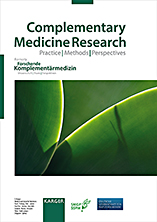
Meta-Analysis
Acupuncture treatment has shown to be more beneficial than standard pharmacotherapy for treating attention deficit hyperactivity disorder in children and adolescents.
Chen YC, Wu LK, Lee MS, Kung YL
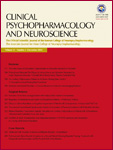
Review Article
Omega-3 polyunsaturated fatty acids supplementation during the prenatal and perinatal period could have a protective effect on neurodevelopmental disorders including ADHD, ASD, and MDD in youth.
Chang JPC, Su KP

Meta-Analysis
Massage therapy proves more beneficial in improving ADHD symptoms in children and adolescents than traditional Ritalin treatment.
Chen SC, Yu BYM, Suen LKP, Yu J, Ho FYY, Yang JJ, Yeung WF

Review Article
Shu Di Huang, traditionally used in Chinese medicine, may effectively treat attention deficit hyperactivity disorder by rectifying neurodevelopmental abnormalities, neuronal apoptosis, and energy metabolism failures.
Yuan H, Yang M, Han X, Ni X
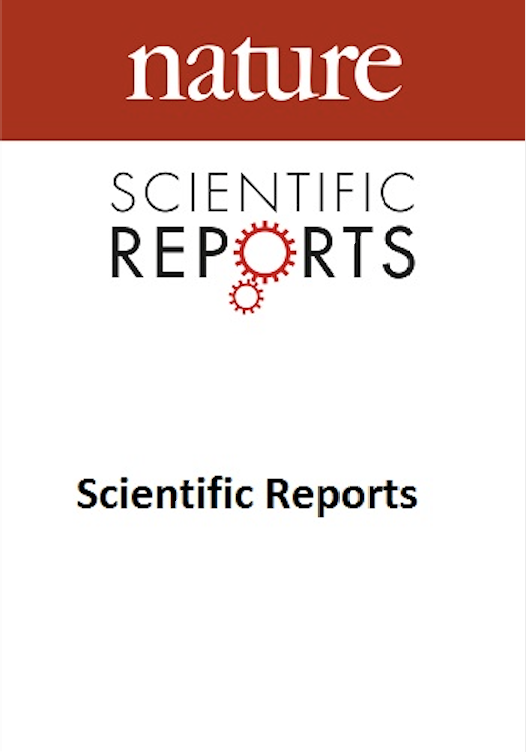
Meta-Analysis
Children with attention-deficit hyperactivity disorder are found to have lower ferritin levels and are more likely to have iron deficiency.
Tseng PT, Cheng YS, Yen CF, Chen YW, Stubbs B, Whiteley P, Carvalho AF, Li DJ, Chen TY, Yang WC, Tang CH, Chu CS, Yang WC, Liang HY, Wu CK, Lin PY
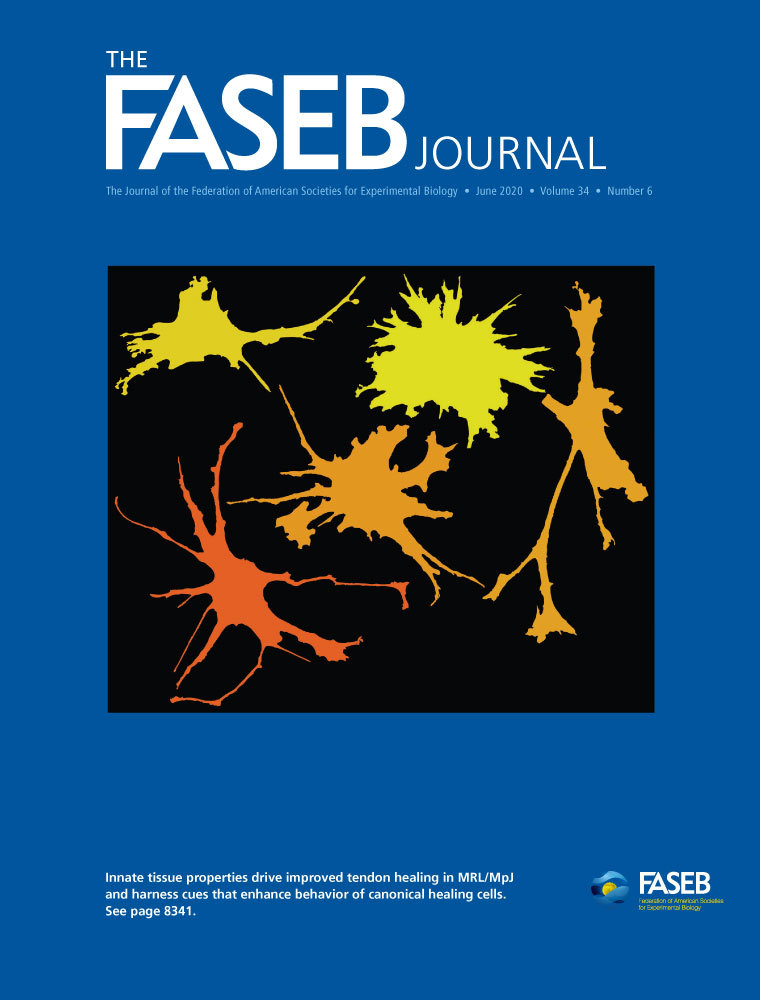
Review Article
Serotonin function, influenced by vitamin D and omega-3 fatty acids, plays a critical role in neuropsychiatric disorders and certain behavioral functions.
Patrick RP, Ames BN
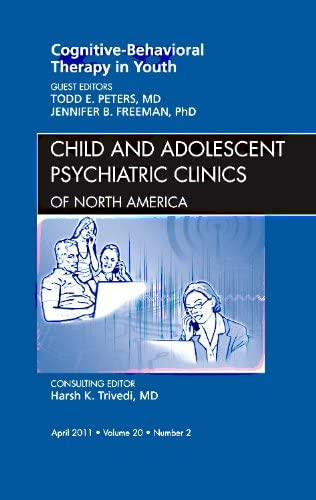
Review Article
Traditional Chinese medicine can be effective in diagnosing and treating attention-deficit/hyperactivity disorder, offering an alternative to Western pharmacologic treatment.
Ni X, Zhang-James Y, Han X, Lei S, Sun J, Zhou R
Executive Summary
Write an executive summary in the form of a blog article on the topic of "Research into Chinese medicine treatment for ADHD" summarising the research below and using language that can be easily understood by patients and avoiding medical jargon using a professional and caring tone of voice.
Write an executive summary in the form of a blog article on the topic of "Researched Chinese medicine treatments for ADHD" summarising the research below in an objective and easy to understand way, and using language that can be easily understood by patients. Group the article into Chinese medicine treatments first, followed by nutrition and other treatments. Avoid using medical jargon and use a professional and caring tone of voice.
Write me a concise but easy to understand executive summary on the topic of "Chinese medicine treatments for ADHD" based on the following research that I will give you. Your summary should be 2 paragraphs long in Australian English spelling and include references to the studies.
A Systematic Review published in 2023 in the journal Complementary Therapies in Medicine found that Acupuncture's effectiveness in treating attention deficit hyperactivity disorder remains inconclusive due to the low quality of existing systematic reviews and meta-analyses. A comprehensive search of the literature up until September 2021 was carried out across seven electronic databases to gather systematic reviews and meta-analyses about the use of acupuncture for treating attention deficit hyperactivity disorder. The quality of these articles was subsequently assessed using the AMSTAR-2 tool, while the GRADE system was used to evaluate the quality of the presented evidence. A total of five systematic reviews and meta-analyses were incorporated in this study. The AMSTAR-2 tool outlined that three articles were of 'low' quality and two were of 'critically low' quality. The GRADE system was applied to ten different outcomes across the included meta-analyses. It found four outcomes to be of 'moderate' quality, four more to be of 'low' quality, and the final two outcomes were considered 'very low' quality. The majority of downgrading factors in the gathered reviews came from the risk of bias and inconsistency. Therefore, the efficacy of acupuncture in improving the various related scores and response rate remains questionable.
A Randomised Controlled Trial published in 2023 in the journal EClinicalMedicine found that Walnut consumption may improve attention, fluid intelligence, and reduce ADHD symptoms in adolescents who consistently incorporated them into their diet. For their methods, the investigators utilized a 6-month randomised controlled nutrition intervention across multiple schools, enrolling 771 healthy teenagers. These participants, aged between 11-16 years, were split into two groups - one that was given a daily amount of 30 grams of raw walnut kernels to incorporate into their diet and a control group. Neuropsychological aspects like working memory, attention, fluid intelligence, and executive function were assessed, along with behavioral aspects such as socio-emotional and ADHD symptoms. Alpha-linolenic acid status was determined at the start and end of the trial as a measure of compliance. In regard to the results, general improvements in sustained attention, fluid intelligence, and a reduction in ADHD symptoms were recorded in participants who were more compliant in integrating walnuts into their diet. However, there was no significant improvement observed in the neuropsychological function of healthy adolescents overall.
A Meta-Analysis published in 2023 in the journal Medicina found that Acupuncture, either as an add-on or standalone treatment, improved conduct problems, learning issues, and hyperactivity symptoms in children with attention-deficit hyperactivity disorder. In the research, nine databases were searched extensively, covering their inceptions to July 28, 2022. Two authors independently sorted relevant studies, and a rigorous quality assessment was performed on selected studies using a well-established risk-of-bias tool for randomized trials. Features of the incorporated studies were laid out in a table, and then a thorough meta-analysis was conducted to examine the impact of acupuncture on attention-deficit hyperactivity disorder symptoms. The results derived from fourteen selected studies involving 1185 participants showcased acupuncture's efficacy in treating attention-deficit hyperactivity disorder. When used alongside conventional medicine, acupuncture had a notably positive impact on reducing conduct problems, learning difficulties, and hyperactivity symptoms. Moreover, even acupuncture in isolation helped mitigate learning issues, hyperactivity and hyperactivity impulsivity. It further exhibited superior total treatment efficacy than conventional medicine alone. Throughout the trials, no major adverse events were recorded. However, it is significant to mention that the risk of bias in these included studies raised general concerns.
A Randomised Controlled Trial published in 2022 in the journal Phytomedicine found that Parent-administered pediatric tuina is effective at reducing core symptoms of ADHD in preschool children and improves child appetite and sleep quality. This research involved a two-arm, parallel, open-label, pilot Randomized Controlled Trial, where 64 participants were assigned to two separate groups. Parents in the first group attended an online course teaching them pediatric tuina for ADHD, which they would then apply to their children at home. The second group of parents went through online training about a progressive muscle relaxation exercise and engaged in interactive physical activities with their children at home. Both groups carried out their respective interventions every other day for two month, each session lasting at least 20 minutes. The project measured the rate of recruitment, consent, participant adherence, retention and any adverse events. Upon investigation, both groups demonstrated improvements, with moderate effect size within each group. This was reflected in improvements in core hyperactivity and impulsivity symptoms. Parents also noticed positive changes in their children’s eating habits, sleep quality, and overall parent-child relationship. No serious issues were reported in relation to implementing the parent-administered pediatric tuina or from the interactive physical activity sessions.
A Clinical Study published in 2021 in the journal African Journal of Biological Sciences found that Consumption of pumpkin seeds enhances the nutritional status and improves the attention deficit of deaf female children exhibiting ADHD symptoms. This study investigated 40 deaf female children, aged between 10 and 12 years, who exhibited symptoms of attention-deficit hyperactivity disorder (ADHD). These children were selected from El Amal school for the deaf and divided into two groups; control and experimental. Various data were gathered on personal and socio-economic factors, food habits, diet history, and clinical signs, along with performing the Attention Deficit Disorder Connected with Hyperactivity for Deaf Children test. The experimental group underwent a dietary intervention, consuming 50g of magnesium and iron-rich pumpkin seeds daily over three months. The results indicated an improvement in both iron and magnesium levels within the experimental group following the dietary intervention. Notably, compared to the control group, the levels of magnesium and iron were significantly higher in the experimental group after introducing pumpkin seeds into their diet. Furthermore, on evaluating the ADHD symptoms via the Attention Deficit Disorder Connected with Hyperactivity for Deaf Children test, the experimental group showed a more substantial improvement after dietary intervention than the control group. Over time, the findings demonstrated the potential beneficial effects of consuming pumpkin seeds on the nutritional status and ADHD symptoms in the studied population.
A Meta-Analysis published in 2021 in the journal Complementary Medicine Research found that Acupuncture treatment has shown to be more beneficial than standard pharmacotherapy for treating attention deficit hyperactivity disorder in children and adolescents. The study employed a systematic review and meta-analysis of randomized controlled trials comparing the effects of acupuncture treatment with pharmacotherapy (specifically, methylphenidate hydrochloride) in patients diagnosed with ADHD. Ten studies, involving a total of 876 patients, were selected from 12 electronic databases that were searched from inception until February 3, 2020. Effectiveness of treatment and post-treatment hyperactivity scores formed the main outcomes, along with studying the occurrence of adverse events and post-treatment course. In terms of the results, the meta-analysis found that acupuncture treatment demonstrated significantly higher effectiveness than pharmacotherapy and showed capabilities of reducing hyperactivity scores but to a lesser extent than pharmacotherapy. Additionally, there were no adverse events reported in the acupuncture group in two studies, and another study reported that acupuncture could even reduce adverse reactions from drugs. Lastly, three studies concluded that the positive effects of acupuncture treatment were sustained after the treatment was completed.
A Review Article published in 2020 in the journal Clinical Psychopharmacology and Neuroscience found that Omega-3 polyunsaturated fatty acids supplementation during the prenatal and perinatal period could have a protective effect on neurodevelopmental disorders including ADHD, ASD, and MDD in youth. The research implemented supplementation of omega-3 polyunsaturated fatty acids also known as Omega-3 PUFAs, in different quantities and durations to youth with attention deficit hyperactivity disorder (ADHD), major depressive disorder (MDD) and autism spectrum disorder (ASD). This was carried out based on suggested dosage and duration from various randomized controlled trials and systemic literature reviews. It was observed that omega-3 PUFAs were essential nutrients not just for physical health but also for mental health, more so during the prenatal and perinatal stages of development. The results demonstrated that clinical symptoms improved in youth with ADHD, MDD and ASD after they were supplemented with Omega-3 PUFAs, especially in cases where there was high inflammation or low baseline Omega-3 index present. The research showed very promising evidence that Omega-3 PUFAs had positive effects on lethargy and hyperactivity symptoms in ASD. There was also an inclination that Omega-3 PUFAs levels and inflammation could be potential markers for treatment response in ADHD and MDD.
A Meta-Analysis published in 2019 in the journal Complementary Therapies in Medicine found that Massage therapy proves more beneficial in improving ADHD symptoms in children and adolescents than traditional Ritalin treatment. This study used a systematic review incorporating eight randomized controlled trials and three case series studies. Out of these trials, a meta-analysis of four was conducted. The pooled analysis revealed massage therapy brought about a significant improvement in ADHD symptoms. Individual trials indicated massage was significantly different from waiting, showing great improvement specifically in conditions related to anxious-passive behaviour and antisocial behaviour.
A Review Article published in 2018 in the journal Evidence-Based Complementary and Alternative Medicine found that Shu Di Huang, traditionally used in Chinese medicine, may effectively treat attention deficit hyperactivity disorder by rectifying neurodevelopmental abnormalities, neuronal apoptosis, and energy metabolism failures. Rehmanniae radix preparata, a scrophulariaceae plant that has been used for millennia for nourishing kidney-yin, essence and filling marrow in traditional Chinese medicine, has been discovered to have antioxidant, antisenescence, anti-inflammatory, and neuroprotective properties. Particularly telling is the active component, Catalpol, evidently helps elevate brain-derived neurotrophic factor and curbs neuronal apoptosis and energy metabolism failure. The results visualized with this study rest on an analysis of Rehmanniae radix preparata's effects on both mice and rats, wherein it inhibited spontaneous activity, improved learning and memory subsequent to thalamic arcuate nucleus injury, and revealed antidepressant effects. This leads us to the conclusion that the properties of Rehmanniae radix preparata align with the areas of dysfunction seen in ADHD, which exhibits hyperactivity-impulsivity and impairments in learning and memory, issues tied fundamentally to anomalies in the cortex mediated by dysfunction in neuronal development, apoptosis, and energy metabolism.
A Meta-Analysis published in 2018 in the journal Scientific Reports found that Children with attention-deficit hyperactivity disorder are found to have lower ferritin levels and are more likely to have iron deficiency. For the methodology of this meta-analysis, numerous databases such as PubMed, ScienceDirect, Cochrane CENTRAL, and ClinicalTrials.gov were searched for relevant studies up until August 9, 2017. The principal outcomes were the differences in peripheral iron levels between children diagnosed with ADHD and healthy controls, and the severity of ADHD symptoms in children with and without iron deficiency. Seventeen articles met the strict inclusion criteria and were therefore included in the meta-analysis. Discussing the results, peripheral serum ferritin levels (a measure of iron storage) were found to be significantly lower in children with ADHD. However, no notable difference was found in serum iron or transferrin levels (measures of iron transport). In addition, children with iron deficiency displayed more severe ADHD symptoms. Importantly, a significant link between ADHD and iron deficiency was also established.
A Review Article published in 2015 in the journal The FASEB Journal found that Serotonin function, influenced by vitamin D and omega-3 fatty acids, plays a critical role in neuropsychiatric disorders and certain behavioral functions. The paper synthesizes prior research into serotonin's role in managing various brain functions and behaviours, and how its dysfunction is commonly seen in conditions like attention deficit hyperactivity disorder, bipolar disorder, schizophrenia, and impulsive behavior. The researchers then put forward potential mechanisms showing the influence of vitamin D and the marine omega-3 fatty acids, eicosapentaenoic acid and docosahexaenoic acid, on serotonin synthesis, release, and function in the brain. Serotonin in the brain is synthesized from tryptophan by tryptophan hydroxylase 2, a process that is activated by a vitamin D hormone. Possible mechanisms proposed include eicosapentaenoic acid increasing serotonin release from presynaptic neurons by lowering E2 series prostaglandins, and docosahexaenoic acid affecting serotonin receptor action by increasing cell membrane fluidity in postsynaptic neurons. The study posits that suboptimal levels of vitamin D and omega-3 fatty acids, in combination with genetic factors at key developmental stages, could lead to dysfunctional serotonin activation and function – a possible underlying mechanism behind neuropsychiatric disorders and depression. The paper suggests that optimizing vitamin D and marine omega-3 fatty acid intake could potentially curtail and modulate the severity of brain dysfunction.
A Review Article published in 2014 in the journal Child and Adolescent Psychiatric Clinics of North America found that Traditional Chinese medicine can be effective in diagnosing and treating attention-deficit/hyperactivity disorder, offering an alternative to Western pharmacologic treatment. The provided methodology centered on an exploration and understanding of traditional Chinese medicine in diagnosing and treating attention-deficit/hyperactivity disorder. The traditional theories of Chinese medicine that explain the cause and pathogenesis of ADHD were studied. From this perspective, they could define methods of syndrome differentiation, and provide a rationale for the treatment. The researchers also covered frequently accepted and successful clinical practices used by traditional Chinese medicine clinicians in China. In discussing the results, the authors provided support for the effectiveness of these traditional Chinese medicine practices in treating ADHD. They presented evidence from clinical practices in China which indicates considerable success in the diagnosis and management of the disorder utilizing these traditional methods. They particularly emphasized that these practices provide an alternative approach to Western pharmacological treatments, potentially offering more treatment options to ADHD patients.
Moderation Tools
Topic
Sign In
Users not signed in are limited to viewing the 5 most recent items of content.